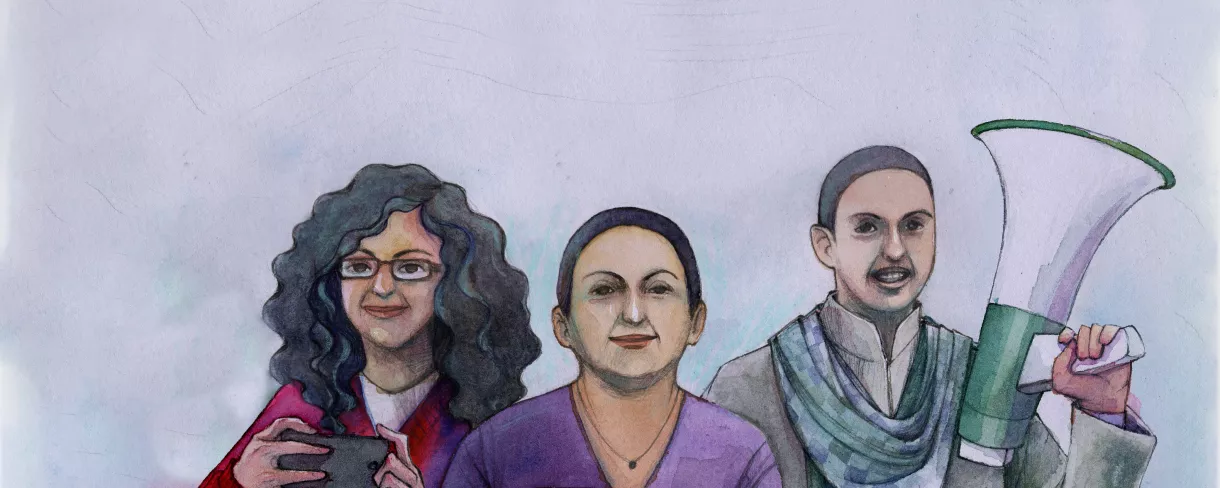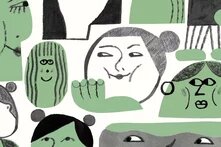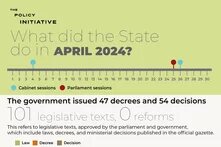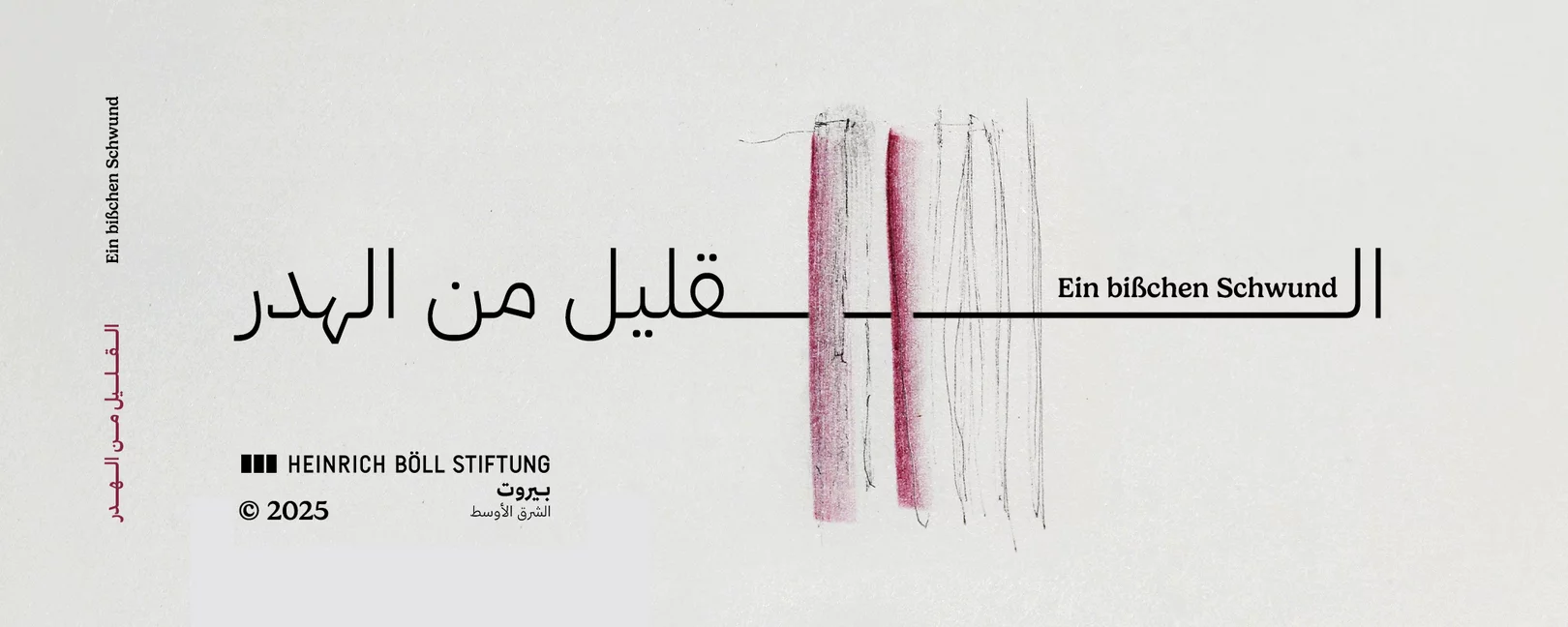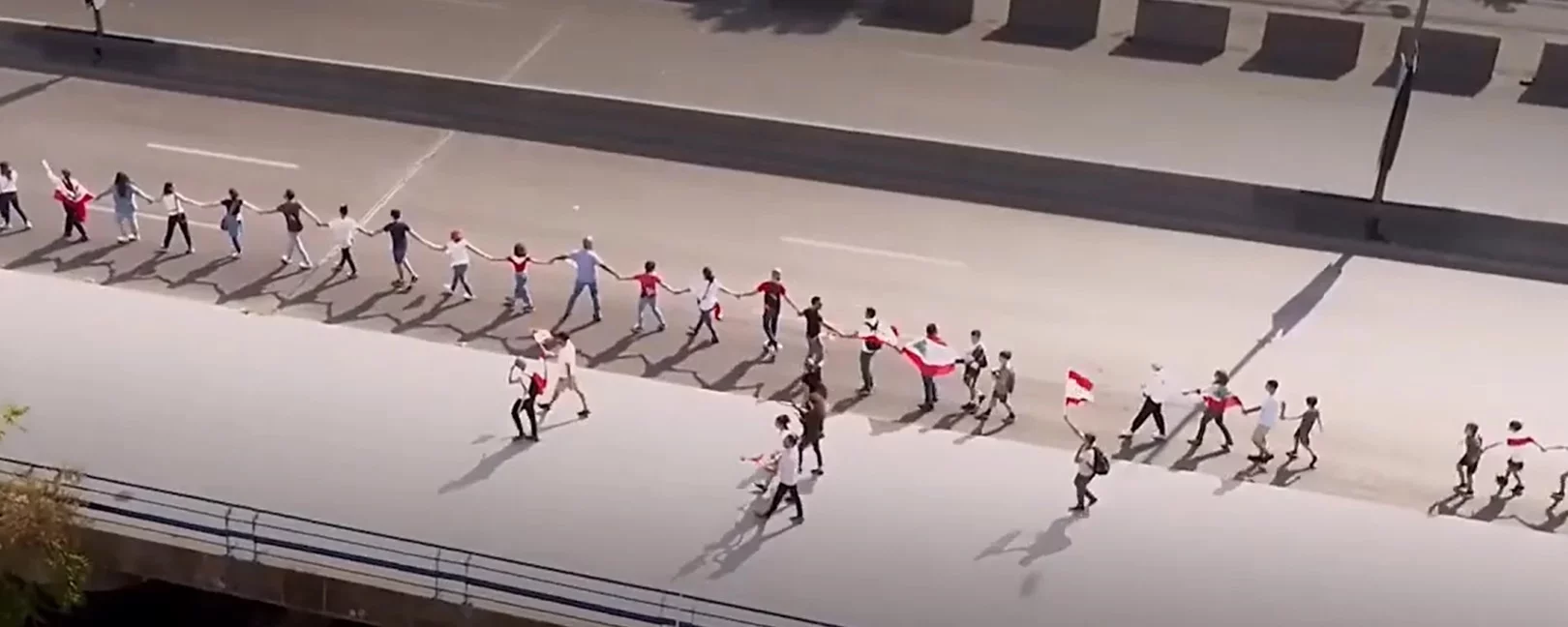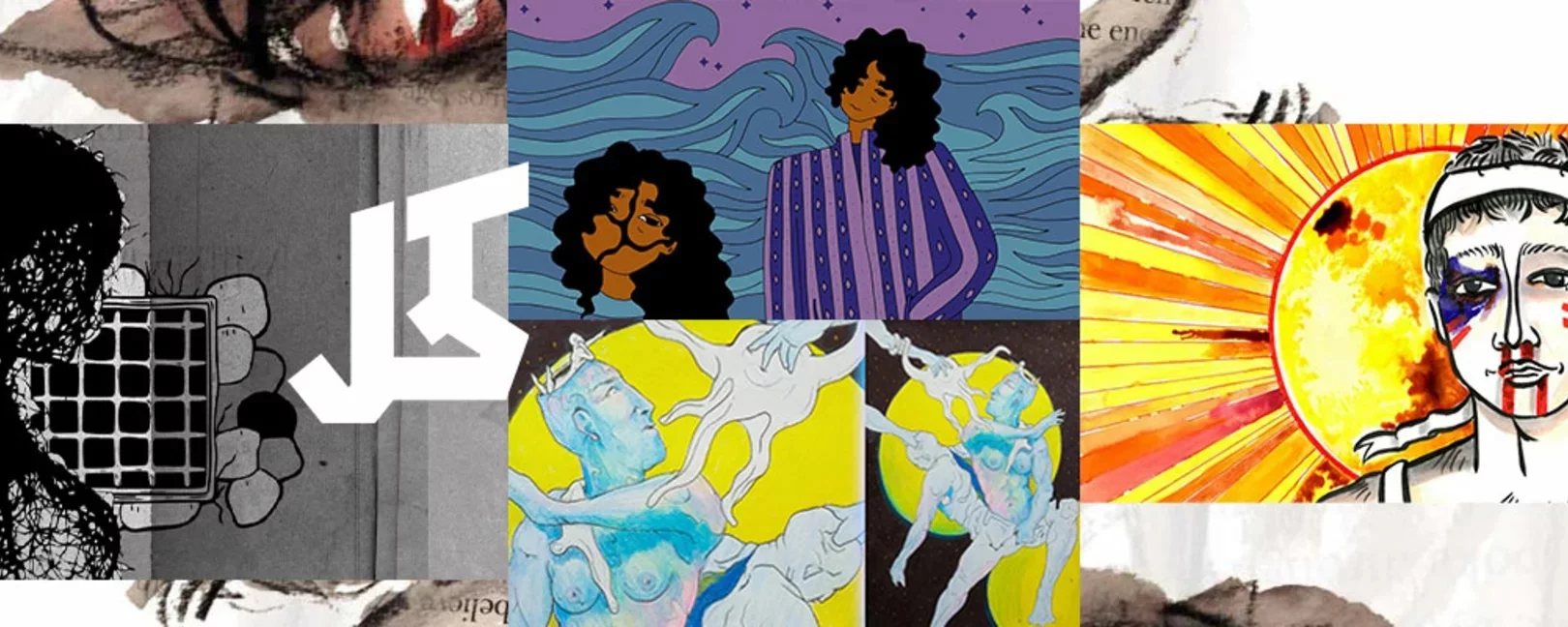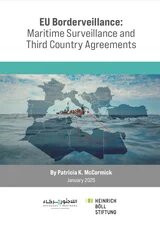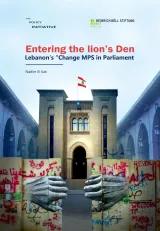Throughout the countries of the Middle East, citizens view the state with suspicion. State institutions are often experienced as biased towards the powerful, corrupt and predatory, and as a sometimes violent means to safeguard the position of a ruling elite, or the domination of one part of the population over others.
Participation, on the other hand, is mostly reduced to elections of questionable representational value, or relies on informal channels and structures and primordial relations, and thus reinforces existing patterns of subordination and power.
The program Democratisation - Human rights supports initiatives that demand accountability and due process and encourage citizens to become aware, active and organized around issues of (gender-) democratic participation, freedom of expression and sustainable development.
The biggest uprising in the country’s history, the largest explosions in the twenty-first century, a regime obstructing any investigation into the root causes of the explosion, a global pandemic, and now one of the worst socio-economic crises in the world. Lebanon has been transformed beyond recognition, has unraveled beyond limits.
Kohl Journal is a progressive, feminist publication focused on gender and sexuality in the Middle East, South West Asia, and North Africa. Based in Beirut and Paris, this biannual, multilingual, open-access journal aims to challenge the dominant narratives and promote independent knowledge from young and graduate-level academics, activists, and independent writers. The Below issues are produced in cooperation with Heinrich Boell Stiftung - Middle East Office Beirut.
Invisible Borders - Documentary Film - Heinrich Böll Foundation Beirut - Middle East
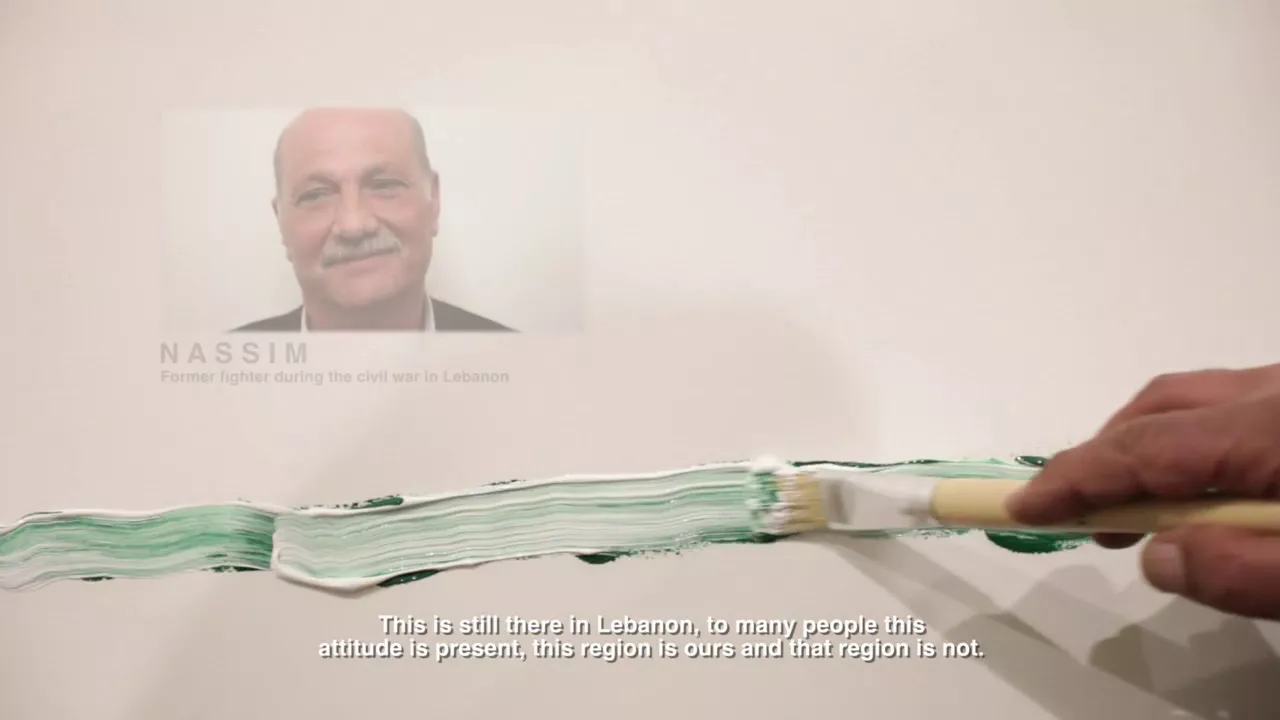 Watch on YouTube
Watch on YouTube
